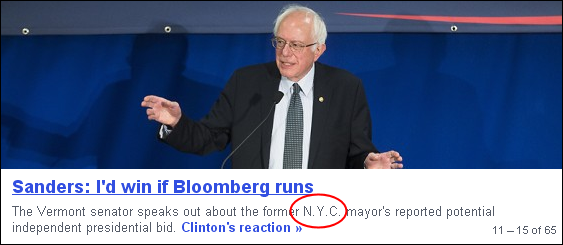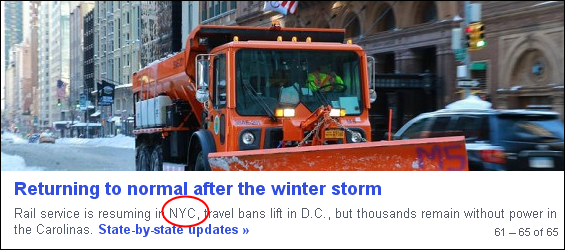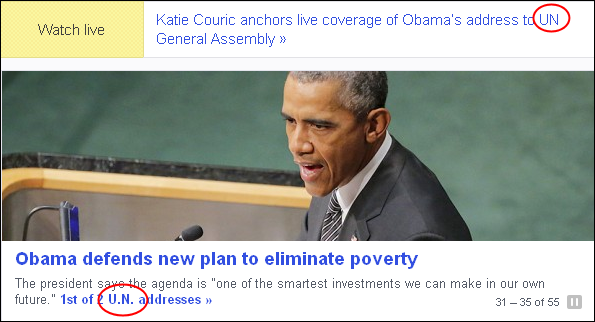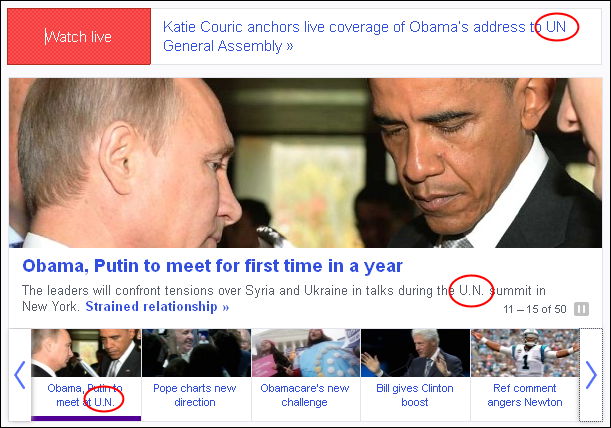If you’re using an abbreviation for a Latin phrase, make sure you know what you’re doing (i.e., use the correct one). Using an incorrect abbreviation can be make you look like another poorly edited website (e.g., yahoo.com).

Don’t do that. Don’t use the abbreviation i.e., which is short for the Latin “id est” or “that is.” You are bound to use it incorrectly. This writer is giving an example of an outrageous request and if any Latin abbreviation had to be used, it should have been e.g., which means “for example.” But really, your readers don’t know what those abbreviations mean and will skip over them when reading or mentally make up their own definition.
If you’re giving an example you could use “for example,” “for instance,” or the informal “like.” And there are always the new clichés that are used when the example is a person (like “I’m looking at you, Yahoo! editor” and “Yahoo! writer, anyone?”).













